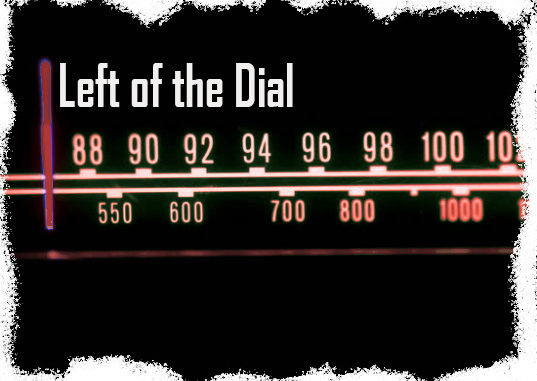
This month Jack reviews the 2019 documentary, Capital in the 21st Century, directed by Justin Pemberton.
By Jack C
If you’re reading this newsletter, odds are you already take a pretty dim view of capital. Class analysis tells us that we, the working class, are opposed to the capital class — which steals the surplus value of our labor and transfers it into their own pockets. Most leftists understand that the concentration of immense wealth into the hands of a privileged few leads to myriad problems that affect every aspect of human life and threaten our continued existence on this planet.
The makers of Capital in the 21st Century (based on a 2013 book of the same name by French economist Thomas Piketty) seem to grasp this last point, but they are uninterested in criticizing it and offering solutions on what to do next (the word “socialism” is never uttered). Instead, a mildly diverting stream of historical scenes and pop cultural imagery parades across the screen, intercut with talking heads who either lay out some portion of Capital’s ignominious rise to its present point, or explain the impact that wealth inequality is wreaking or has wrought/will wreak on living, breathing humans — who are presumably somewhere far away from the attractive, well-coiffed experts on display. Not that there’s anything wrong with being well-coiffed. We socialists want everyone to have a share of the nice things in life.
Capital in the 21st Century does an adequate job of discussing the circumstances leading to our current late capitalist hellscape. They even own that the current and future prospects of a world controlled by this destructive economic system are disastrous. (Humanity simply cannot survive capitalism.) However, tellingly, we never hear directly from anyone whose life is being destroyed by the inequalities of our present system: no one bankrupted by medical bills, born with debilitating conditions caused by industrial pollution dumped by giant corporations who care more about profits than people, or whose town was destroyed when the local industry pulled up stakes to go where work was cheaper, to say nothing of the black and brown people whose countries are ravaged by war due to the Western world’s insatiable hunger for oil and resources.
The rise of capital to its present unassailable perch is treated from a historical standpoint and not as the life-destroying crisis that leftists understand it to be. Endless streams of actual humans with lives and loves and dreams and desires, [who are] enslaved, bought, sold, worked to death, forced to toil in unsafe conditions, [or] forced to live in precarity: exploited, oppressed, invaded, defrauded, robbed, killed, and erased from records… they are all erased by this movie. Even the very wealthy who are currently alive, as discussed by the film, aren’t painted as the debased villains they are. Indeed, the movie doesn’t even follow through on its own simplistic analysis! Namely, that the concentration of immense wealth into the hands of a few people creates poorer living conditions for the bulk of humanity and will eventually destroy the planet. If the filmmakers had adhered to that notion, they would have had no choice but to frame the capitalist class (correctly) as the villains of the movie!
There are several likely reasons why it doesn’t do this, all perfectly understandable in a capitalist context: First, they wanted to make a documentary, presumably that would win some awards and make some money. (It’s worth mentioning that it’s certainly a nice looking film: Production values are high, and the whole affair is polished.) They didn’t set out to radicalize audiences. That’s one of the more frustrating aspects of the piece: How do you spend all this time immersed in the suffering of the world under this crushing system, and not feel moved to change that system?!
Again: the world Socialism is never uttered. Mild lip service is paid towards the film’s conclusion to suggest that “some other kind of system” needs to arrive where the rich are taxed more heavily, so that wealth can be distributed more evenly. To some, that’s “socialist enough,” even without using the word, and that’s not the damning issue. The film’s mealy-mouthed-ness and unwillingness to pick a side and push for a better world (where millionaires and billionaires don’t exist!) will gall leftists and fellow travelers.
If there is a silver lining to this gold-plated history of Capital, it’s that it may inspire some viewers into the next phase of their radicalization. The film certainly does function as a neat shorthand list of capitalism’s greatest “hits”/sins. There’s a strong chance that sections of it, chopped up on YouTube, will give it an afterlife where people send each other chunks to explain this or that aspect of Capital’s journey to the present. My advice to socialists: don’t bother sitting through the whole thing; do find out when it’s playing near you. Tabling outside the screening may prove to be fertile ground when it comes to talking up new recruits for your branch!
